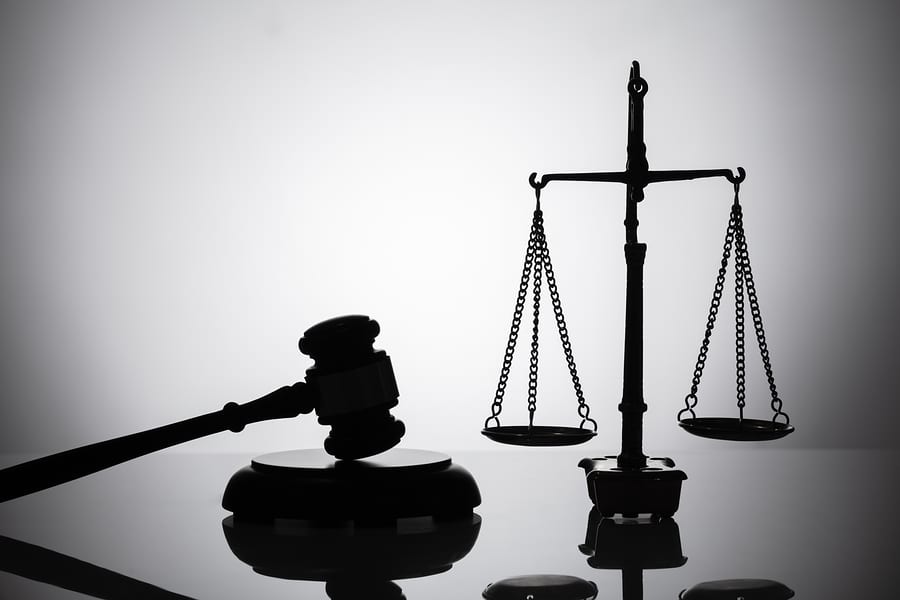Former Georgia Firefighter Sues for Favoritism and Discrimination

A former firefighter for Marietta, Georgia is suing the city’s fire department and the city itself for gender discrimination and favoritism. Margaret Richardson filed the lawsuit earlier this year against the former Fire Chief Jackie Gibbs, who retired in December 2017. Richardson claims that Gibbs created an environment of pervasive bullying, bigotry, and favoritism. She claims that he participated in name calling, often referring to female firefighters as lesbians, to acts of outright aggression and threats.
The lawsuit goes on to claim that Gibbs created a hostile work environment through his volatile and ridiculing manner. She also claims that the former Fire Chief encouraged his subordinates to engage in favoritism and other discriminatory practices. Richardson claims that after she was promoted to lieutenant, Gibbs routinely made comments to her that women should not be firefighters, he hit her, mocked her, gave her offensive gifts, and addressed her complaints dismissively. She reported her concerns in 2009, and her supervisor laughed them off. When the complaints were reported to Gibbs, he called her a liar while dismissing her complaints. She was threatened with severe consequences if she ever had another hysterical outburst about her working conditions and treatment.
Richardson filed her complaint with the EEOC, and the city has yet to make any formal response to the accusations listed in the complaint.
Favoritism in the Workplace
When an employer engages in favoritism in the workplace, they promote or provide advantages to specific employees based on friendship, a romantic relationship, or because they are actively discriminating against another employee at the workplace. The advantages are not due to a merit based system or other legitimate practices. On its face, favoritism is not illegal even if it is bad workplace management; however, in certain instances where the favoritism is rooted in discrimination or harassment, an employee may have cause for a lawsuit against their employer.
Favoritism is considered an illegal workplace action when the reason behind the decision is because an employee yielded to a supervisor’s sexual advances. It can then be considered sexual harassment under the Fair Labor Standards Act. In addition, favoritism is illegal if the driving cause is discrimination against a protected class. This includes favoritism based on race, sex, gender, disability, religion, or national origin. A final situation where favoritism is considered illegal is when actions are taken in retaliation against an employee. If other employees are given better shifts, projects, or promotions in order to punish an employee, those decisions may be actionable under FLSA. An experienced employment lawyer can review the facts of your case and advise you whether the favoritism in your workplace rises to the level of an actionable lawsuit.
Call Our Office Now
If you believe that your employer or supervisor is engaging in illegal favoritism in the workplace, you may have a claim for damages. At The Vaughn Law Firm, our employment attorneys are here to discuss whether you have a case for illegal favoritism. Call the office or contact us today to schedule a free consultation of your case.




